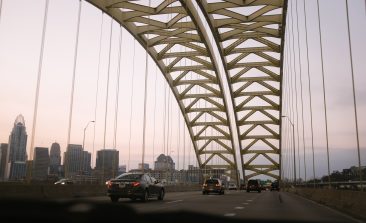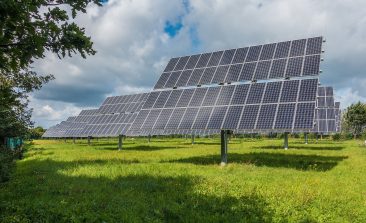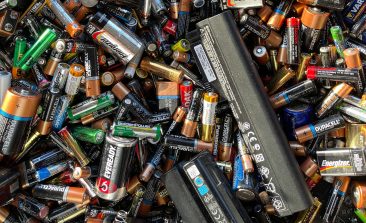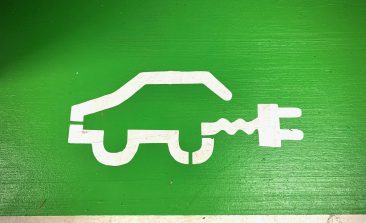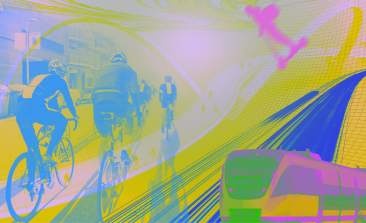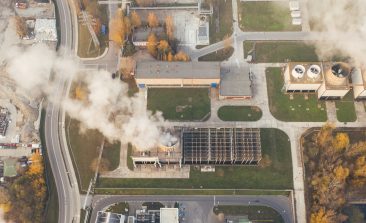9 Results for: electromobility
Sustainable Building Revolution: This CO2 Heavyweight Needs a Rapid Transformation
The construction, heating, cooling and disposal of our buildings accounts for around 40 percent of Germany's CO2 emissions. How can the transformation succeed and what do sustainable digital solutions look like? This is the subject of our latest RESET Greenbook.
New Study Shows: Electromobility Could be Carbon Neutral by 2050
According to a new study, electric cars could become carbon neutral by 2050 - but if zero carbon mobility is ever to become reality, policy makers need to make a few key important changes.
AI Learns Alchemy: Sol-AI to Find New Materials for Solar Systems
Researchers want to use the "SOL-AI" AI system to produce more efficient materials for photovoltaic systems. It's trained on a huge data set and can generate new materials based on the required properties.
How Can the Mobility Transition Gain Momentum?
The transport sector is still responsible for enormous CO2 emissions. A mobility turnaround is urgently needed. But what are the essential steps and what role does digitalisation play in this?
“Agriculture Can Do So Much More Than Produce Food”: We Interview Sonoko Bellingrath-Kimura
Agriculture primarily produces food, but can also help to protect the climate. We spoke to Prof. Dr Sonoko Bellingrath-Kimura about how digitalisation can assist.
How a New Battery Regulation Should Make Europe’s Batteries More Sustainable
A green future needs sustainable batteries. A new battery regulation in the EU should create better conditions for this in the future. But how does it work?
The Path to Sustainable Battery Recycling: Tozero Wants to Bring “Battery Waste to Zero”
The number of electric cars on German roads increased to one million in 2022. Using a chemical recycling process, Tozero aims to reduce battery waste to zero.
Mobility Transition: The Multimodal and Interconnected Way of the Future
What will climate-neutral mobility look like in the future? What digital solutions are ready for a systematic mobility transition? And how do we get there? Let's take a look...
Interview: Climate Neutrality in Industry 4.0 – How Do We Get There?
In Germany, industry is responsible for around a quarter of all CO2 emissions. We talked to Grischa Beier (IASS Potsdam) about how industry can reduce its massive CO2 emissions with the help of digitalisation.

